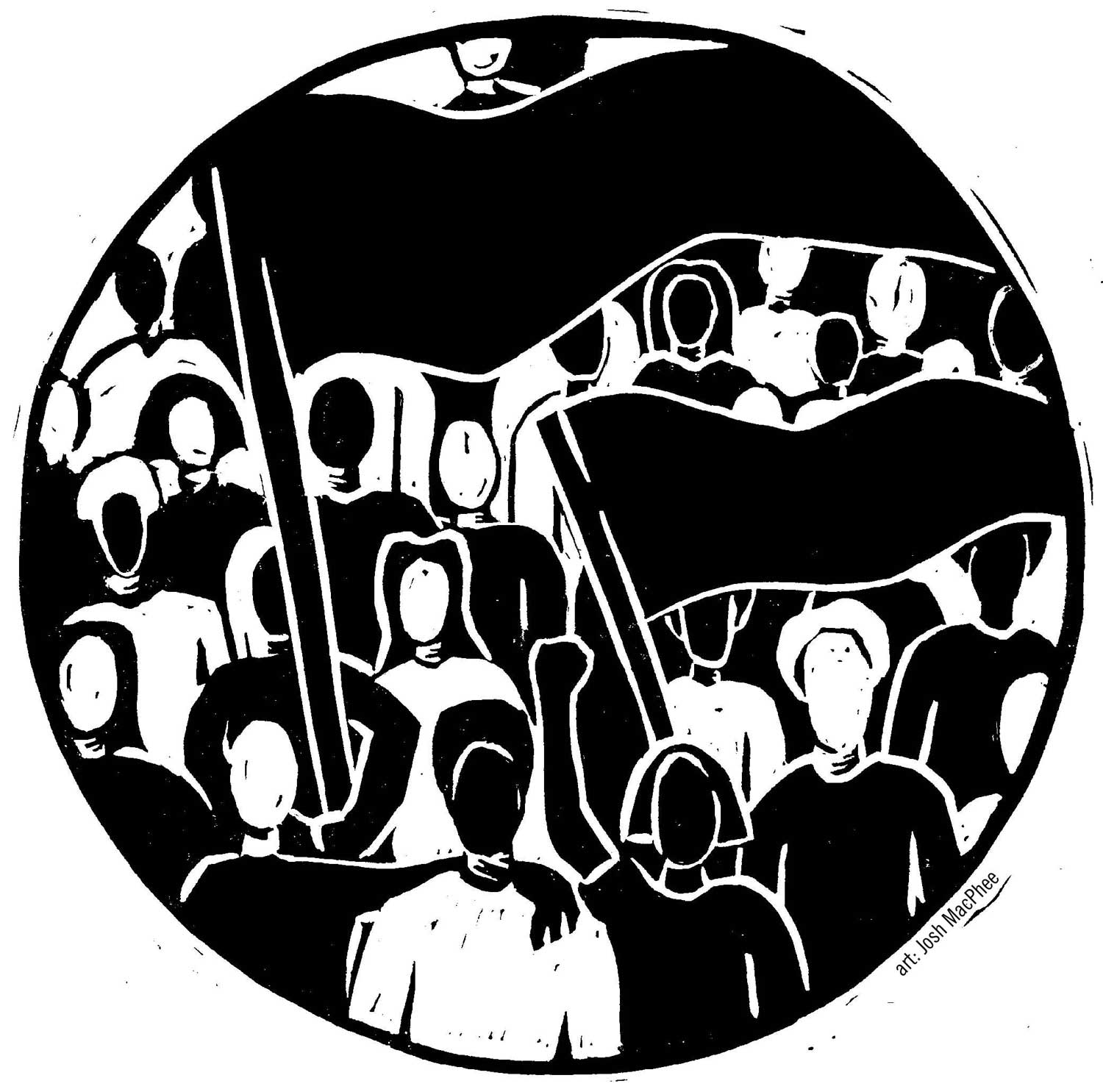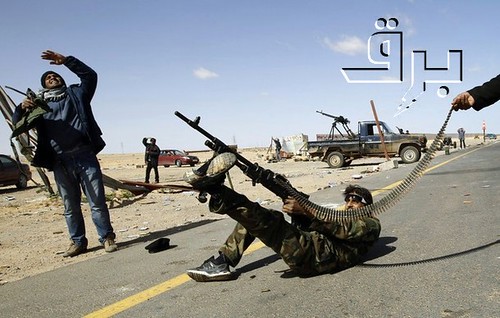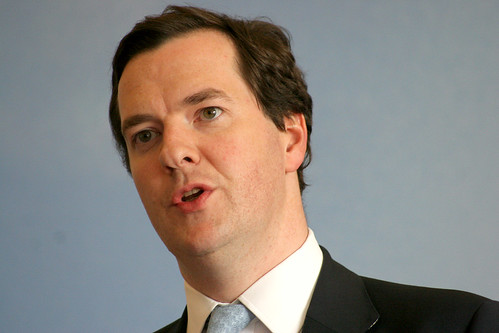Many who oppose the government's policies sought to exploit the Panama Papers leak for a change of government. The #resigncameron hashtag was born, protests staged and people spoke of the need for revolution. On the one hand, the would be revolutionaries recognise the scale of the problem and the flaws in the institutions that stifle radical solutions. They recognise that it is a struggle. Their rhetoric is romantic and intoxicating, but also misleading. A revolution sounds quick and decisive, but the inconvenient truth is that they require serious planning, considered action and sustained vigilance.
Most people, whether sympathetic or not, see the movement for what it is - opportunism motivated by ideological opposition. It appeals to those overcome by sentiment, but it’s unlikely to persuade an electoral majority. Instead of targeting Cameron and other figureheads they should target transparency. A call for transparency has broader appeal because it doesn't directly target one party and comes across as a well-intentioned moderate demand for better governance. It builds into the broader narrative - the expenses scandal resonated and hasn’t been forgotten. Whilst some concessions were made, it’s plain to see that they were insufficient to effect the political culture. More needs to be done.
Greater transparency addresses the actual problem. Our opaque political system allows avoidable cronyism and corruption to flourish. A call for transparency is more reasonable and at the same time radical. Removing Cameron would assuage a symptom rather than address the vulnerabilities of our institutions. I sympathise with the ambitions of the movement but they shouldn’t let fantasies get in the way of progress. Incremental improvements should be sought, celebrated and built upon. Whether wrapped in the language of revolution or not, the brain as well as the heart must be seduced ensure lasting change.
Image by Josh MacPhee via JustSeeds







